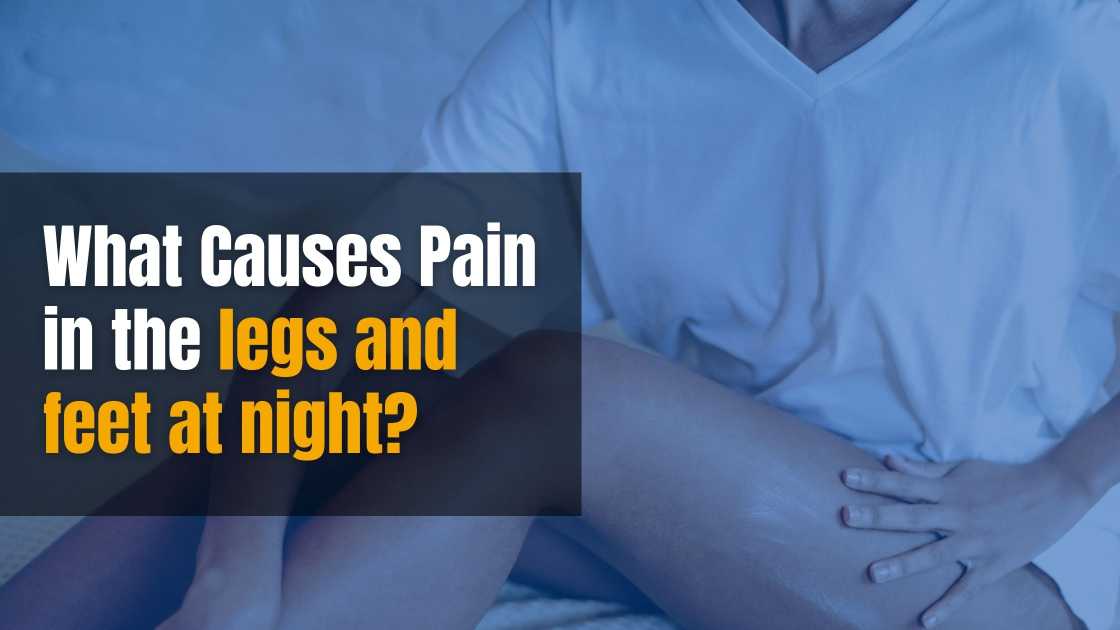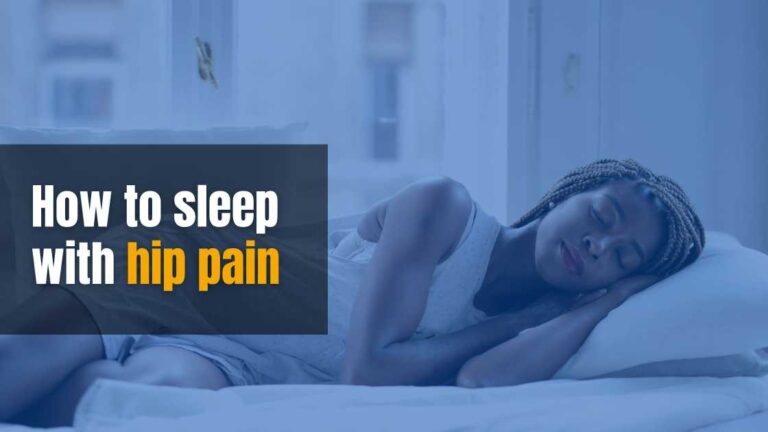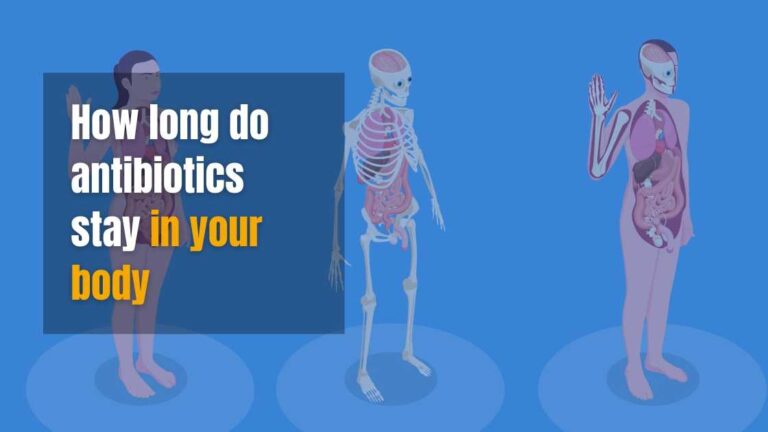Our legs and feet carry the full load of the body throughout the entire day. This can be taxing for our legs and feet. As a result of this, we tend to experience pain and discomfort. The pain usually occurs at night when we sleep. This can hinder your sleep.
In this article, you will get to know what causes pain in your legs and feet at night and how you can treat it when it occurs.
Causes of pain in legs and feet at night
Cramps
A cramp is a painful involuntary contraction of a muscle. Certain physical movements might cause cramps when your muscles are weary. It’s possible that restlessness and turning over in bed are causing your nighttime cramps. This causes the muscle to cramp as a result of the trigger.
They can also be caused by a lack of movement, particularly if you remain in one position for an extended amount of time.
Cramping can also be caused by dehydration or a lack of sodium in your body fluids. When you exercise and use all of your body’s water sources, the salt levels in your fluids can alter. As a result of the change in levels, the impulses delivered between the nerves and muscles are changed, causing your muscles to twitch or cramp.
Gout
This is a form of arthritis characterized by severe pain, redness, and tenderness in joints. Pain and inflammation occur when too much uric acid crystallizes and deposits in the joints. Symptoms of gout include severe pain, redness, and swelling in joints, often the big toe.
Attacks can come suddenly, often at night and when you eat certain foods and drinks that are high in purine (a natural substance found in some foods)
Inflamed muscles or tendons
Because your muscles and tendons recover as you sleep, you may have discomfort and inflammation in them at night, especially if you have an injury.
It is, however, not a frequent indication of injury pain and may indicate a more serious injury or condition. It is recommended that you seek medical attention if you are experiencing this.
Bone fracture
Another cause of pains in your feet and legs at night is a bone fracture. Bone fracture is either a complete or partial break in a bone. Causes of bone fractures include trauma, overuse, and diseases that weaken bones. Common symptoms you may experience are aching pain in the bone which is present during both the day and night.
Bone fractures are usually the result of a single incident, which means you can probably pinpoint when it happened, such as from a hard knock or if the bone was subjected to a high load from a major fall, for example. It will often seem as though the bone is aching rather than the surrounding muscles, and you will be able to pinpoint the exact location of the pain.
Foot anatomy
The foot anatomy is also a risk factor for pain in the feet at night. With some people, due to the structure of their feet, they experience more foot pain at night. Conditions that can cause foot pain are more likely to affect those with high arches and flat feet.
Pinched nerves
Tarsal tunnel syndrome is caused by the compression of certain nerves in the ankle. Foot discomfort can be caused by compression of the sciatic nerve in your back and legs. In both circumstances, the pressure on these nerves is higher at night, resulting in more discomfort.
Fibromyalgia
Fibromyalgia is a persistent pain and stiffness disorder that affects the entire body. This includes discomfort in the feet and other places that are subjected to pressure and overuse on a regular basis. Low amounts of the anti-inflammatory hormone cortisol during the night may aggravate pain.
Diabetes
Diabetes can also cause pain in your feet at night. Over time, high blood sugar levels can harm the central nervous system. This includes your feet’s nerves. Symptoms such as foot discomfort and tingling may intensify as the condition worsens.
Pregnancy
Another cause of pain occurring in the legs and feet at night is pregnancy. The body handles calcium differently during pregnancy. Leg and foot cramps and discomfort might result from this fluctuation in calcium levels.
Blood clot
Blood clots are gel-like clumps of blood that occur as blood shifts from liquid to partially solid in your veins or arteries. Clotting is natural, but when it does not dissolve on its own, it can be harmful. Medications and surgery are among the options for treatment.
People who have recently traveled, particularly those who have been on long-distance flights or who have sat for lengthy periods of time, are more likely to develop blood clots.
Common symptoms of blood clot include; abnormal redness, pain in your leg that is throbbing and cramping, swelling, usually one leg is affected, etc.
Varicose veins
Varicose veins are bulging, bloated, and twisted veins caused by impaired circulation. They are especially common in persons who have problems with fluid retention.
This implies your veins aren’t operating as efficiently as they should, and the pressure in your leg might build up over time due to leaky valves or weaker vein walls.
After a day spent largely on your feet, this causes excruciating pain and a heavy feeling in your legs, which gets worse at night.
Artery disease
Also called coronary artery disease, it is a condition in which narrowed arteries reduce blood flow to your limbs. This lack of circulation might create pain in your leg muscles if not enough blood is flowing to your feet.
People typically aid to relieve the discomfort by hanging their legs over the side of the bed or standing up, which causes blood to return to the feet (thank you gravity). This pain is usually in the calves and might affect one or both sides.
People at risk of this disease include; smokers, diabetics, elderly people, obsessed people, people with high blood pressure, and people with high cholesterol levels.
Nerve pain
Nerve pain may occur during the night as a result of pressure on a part of the body as a result of sleeping in a certain position aggravating or compressing a nerve. You may have severe, stabbing pain in the morning, as well as numbness and tingling.
This pain may or may not arise while you are going about your usual tasks. Nerve pain can be a ‘one-off’ occurrence or the result of a variety of medical diseases, such as neuropathies. Damage to the nerves causes neuropathies, which result in altered sensations or heightened sensitivity.
Treatment
Foot pain might not require medical attention. You can try certain home remedies that can help ease the pain. Here are a few home remedies that you can try
Hydration
Staying hydrated and avoiding muscle cramps can both be achieved by drinking water throughout the day. Water also aids in the movement of fluids throughout the body, reducing the danger of edema.
Stretches
Doing some stretches even before you can sleep can help ease your feet and leg pain at night. Simple stretches like toe and heel lifts can help stretch the muscles and tendons in and around your feet.
Exercise
Physical activities like jogging, running and even walking can improve circulation and stretch the muscles in your feet and legs.
Icepack
For the affected areas, placing an icepack for about 10 minutes can also help ease the pain.
Massage
A moderate foot massage can assist increase circulation and relieve muscle and tissue tension.
The takeaway from this article
By minimizing or eliminating nighttime foot discomfort, treatment and prevention can go a long way toward ensuring you get the rest you need. Preventing evening foot pain can be as simple as wearing correctly fitted shoes, stretching regularly, and maintaining a healthy lifestyle.








Leave a Comment